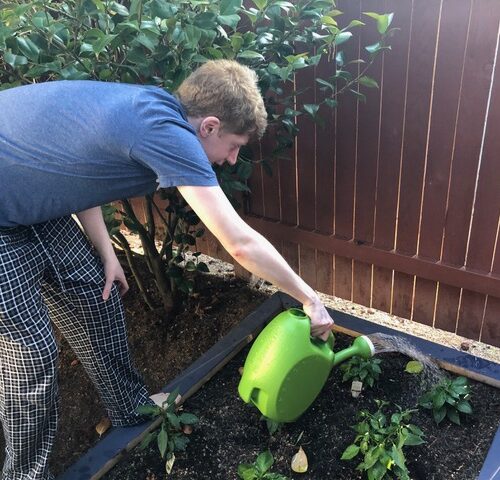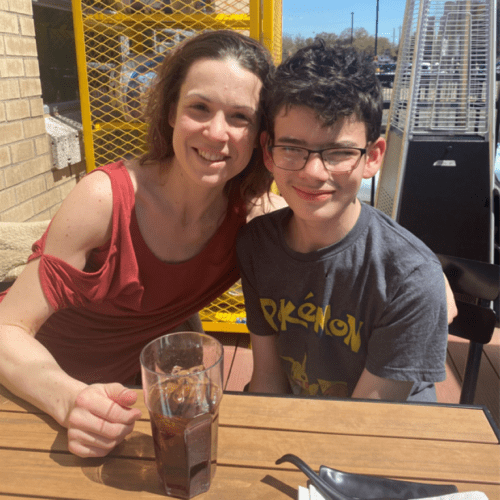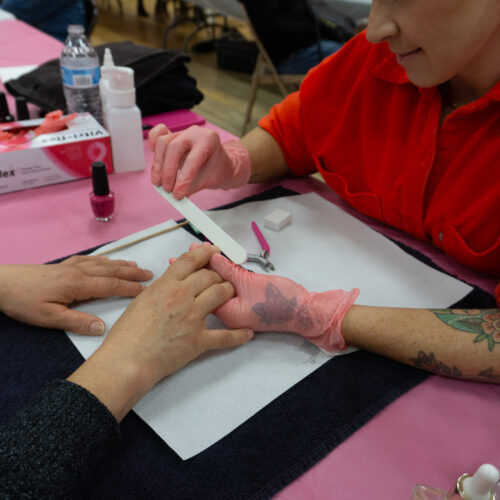
Former Caregiver Charged In 2019 Vinegar Death Of Spokane Woman With Developmental Disabilities
READ ON
A former caregiver for people with developmental disabilities has been criminally charged in connection with the 2019 death of a client who ingested a large amount of household cleaning vinegar.
Fikirte T. Aseged, 43, is charged in Spokane County Superior Court with third-degree assault, a felony, and reckless endangerment, a gross misdemeanor.
The Attorney General’s office announced the charges Tuesday following a nearly two-year investigation.
Aseged is accused of giving the client, 64-year-old Marion Wilson, the vinegar in lieu of colonoscopy prep solution. Wilson died after she began having trouble breathing while at the doctor’s office. The medical examiner later found the vinegar had inflamed and killed the tissue in Wilson’s esophagus, stomach and small bowel, resulting in her death.
The public media Northwest News Network previously reported on the case and the secrecy surrounding the details of what happened.
According to the investigation, on the evening of February 26, 2019, Aseged was assigned to provide Wilson with colonoscopy prep medication in advance of the procedure the following day. At around 4:30 p.m., Aseged gave Wilson the first half of the solution.
At approximately 3:00 the next morning, Aseged and a colleague woke Wilson up to give her the second half. It was at that point that Aseged allegedly gave Wilson the vinegar instead of the prep solution. She later told an investigator from Adult Protective Services that she had not double-checked the label on the bottle.
“I assumed it was the same … I just grabbed the bottle, I was rushing,” Aseged reportedly said.
In charging Aseged with third-degree assault, prosecutors said her actions constituted criminal negligence which resulted in bodily harm, pain and considerable suffering to Wilson. The charge is a Class C felony. The reckless endangerment charge alleges Aseged engaged in conduct that created a substantial risk of death or serious injury.

This Spokane home is where a caregiver allegedly gave Marion Wilson, a 64-year-old developmentally disabled woman, a fatal dose of cleaning vinegar instead of colonosocopy prep solution. A state criminal investigation into the death is now underway. CREDIT: Doug Nadvornick/Spokane Public Radio
Aseged was employed by Aacres Washington, a Spokane-based company that contracts with the state to provide in-home care to people with developmental disabilities. She was fired in April 2019 for failing to follow the company’s medication administration policy.
The CEO of Embassy Management, Aacres parent company, said Tuesday afternoon that he was aware of the charges, but had no comment at this time.
Following Wilson’s death, an investigation by Washington’s Department of Social and Health Services (DSHS) found that Aacres had failed to take a number of steps to protect Wilson. That investigation also found that 18 Aacres employees did not immediately report Wilson’s death as required by law.
“Caregivers and the agencies that employ them are responsible for some of our state’s most vulnerable populations, and both must be held accountable when their actions result in serious harm to their clients,” DSHS said in a statement following the announcement of the charges.
Wilson’s death highlighted gaps in an industry – known as supported living – that relies on a low-paid, high turnover workforce that’s often in short supply. However, for months after Wilson died the details of what happened to her were shrouded in secrecy because of state and federal privacy laws.
In a statement Tuesday, the state’s Developmental Disabilities Ombuds, Betty Schwieterman, praised the Attorney General’s investigation, but also said she was concerned about ongoing issues in the supported living industry.
“The Developmental Disabilities Ombuds wants to ensure people with developmental disabilities can count on supported living providers and Developmental Disabilities Administration to protect them from abuse and neglect and when they don’t protect them, they are held accountable,” Schwieterman said.
The investigation into Wilson’s death was led by the Attorney General’s Medicaid Fraud Control Division.
Aseged is scheduled to be arraigned on June 30. Efforts to reach her on Tuesday were unsuccessful.
This story has been updated.
Related Stories:

New grant to help people with developmental disabilities find housing
Andrew Adams waters the garden outside the kitchen of his home. (Credit: Kristin Adams) Listen (Runtime 4:10) Read By Lauren Paterson and Rachel Sun For adults with developmental disabilities in

Washington Is Sending Youth In Crisis To Out-Of-State Boarding Schools; Taxpayers Pick Up The Tab
Some parents with kids in crisis in Washington are making a heart wrenching decision. They’re sending their children to out-of-state therapeutic boarding schools. And taxpayers are picking up the tab. While these are outlier cases, they highlight ongoing gaps in in-state services — gaps that were laid bare during the COVID pandemic.

He’s 13-Years-Old, Autistic And Stuck In The Hospital For The Holidays. He’s Not The Only One
It’s a growing problem in Washington: kids with developmental disabilities and complex behaviors who are stuck in the hospital with no reason for being there. Usually, they end up in the hospital after a crisis or an incident. But once the child is medically cleared to leave, their parents or their group home won’t come get them citing inadequate supports to manage the youth’s needs. While the state searches for alternative placements, the child waits.















